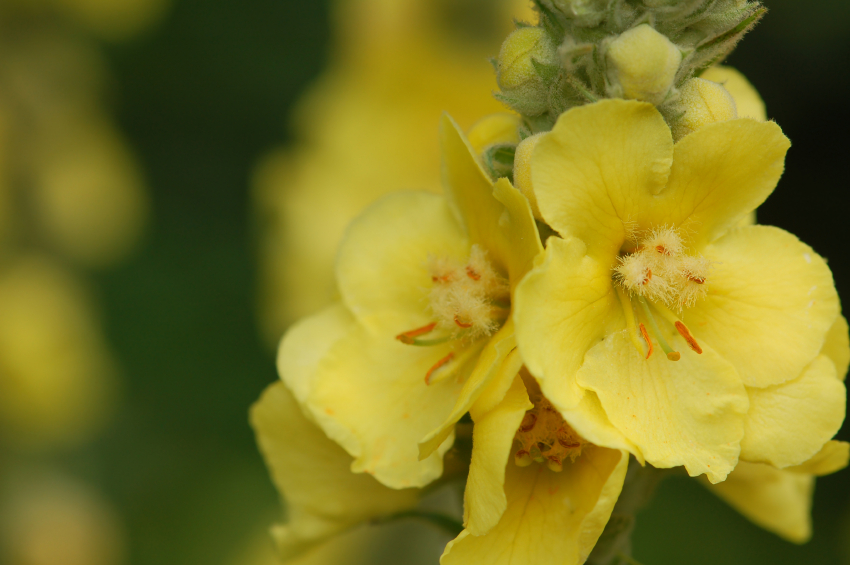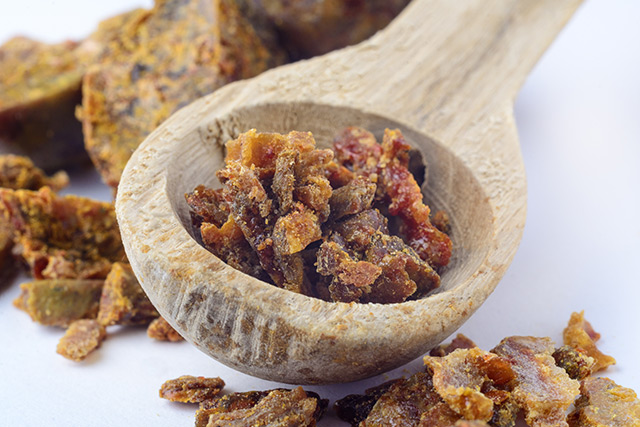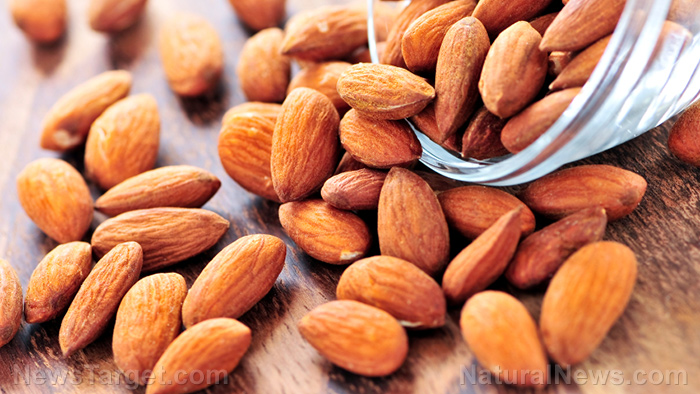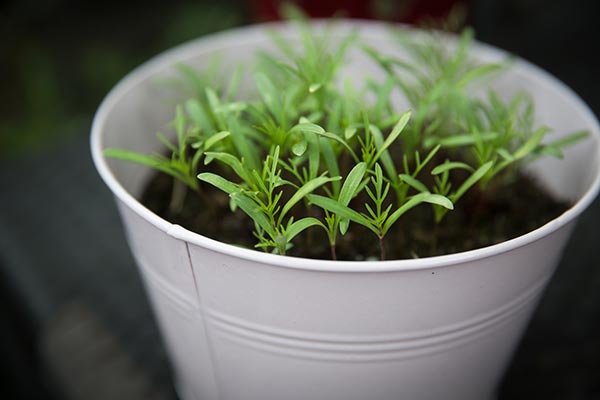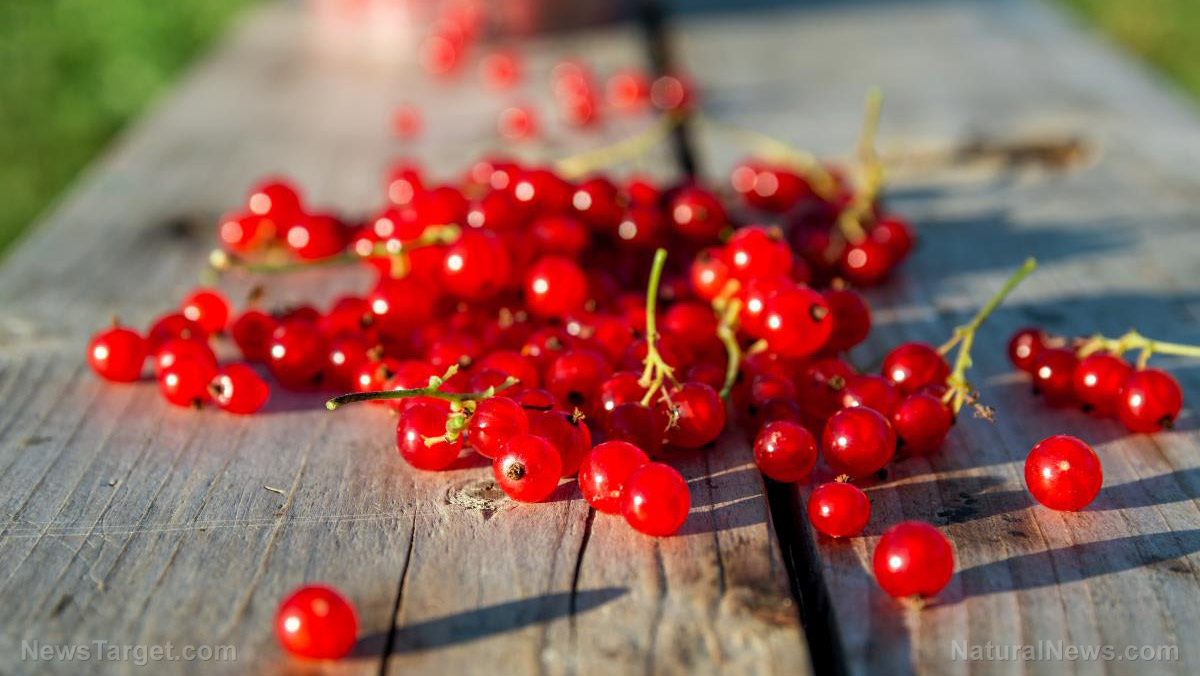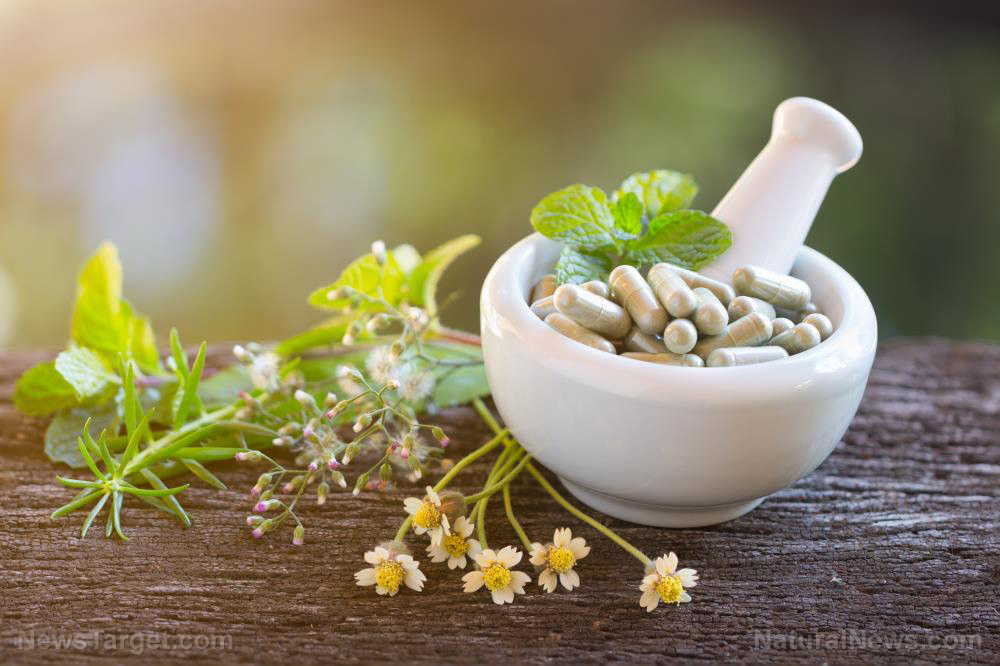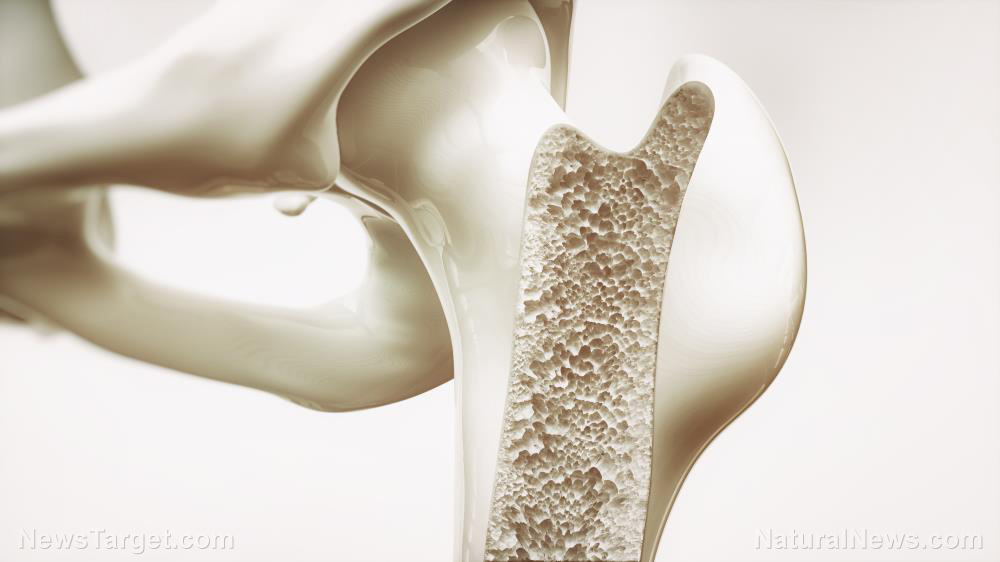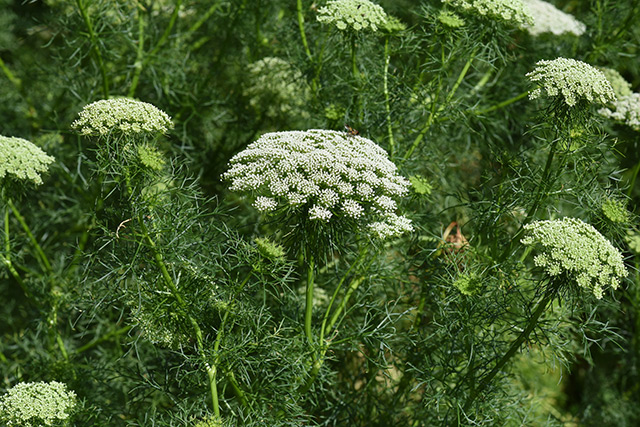African hemp boosts sperm quality, improves antioxidant levels
06/26/2020 / By Evangelyn Rodriguez

The Nigerian hemp (Cannabis sativa) is known to cause male gonadotoxicity (damage to the testes), which could be temporary or permanent. One of its main characteristics is hyperprolactinemia, a condition that, in men, causes sexual dysfunction and infertility. According to reports by The National Drug Law Enforcement Agency (NDLEA) of Nigeria, illicit users in the country prefer to use hemp grown in the Republic of Benin, which is said to give a different “high” from Nigerian hemp. However, the effect of Benin-grown hemp on male fertility is still not known, so researchers from Rwanda and Nigeria decided to explore this.
In a study published in the journal BMC Complementary and Alternative Medicine, the researchers compared the compositions of Benin hemp ethanol extract (BHE) and Nigerian hemp, and evaluated their effects on semen parameters, reproductive hormones and antioxidant status. They reported that BHE has a positive influence on semen parameters and could reduce blood prolactin levels while improving the antioxidant status of men. The researchers believe that the lack of gonadotoxic cannabinoids in Benin-grown hemp is what allows it to increase male fertility.
Benin-grown hemp boosts male fertility
According to the researchers, Nigerian hemp exerts its detrimental effects on male reproductive functions by increasing prolactin levels in the blood (hyperprolactinemia), down-regulating the activity of the Hypothalamic-Pituitary-Testicular (HPT) axis, disrupting endocrine function and inducing oxidative stress.
In hyperprolactinemia, the pituitary gland produces higher-than-normal levels of prolactin. Prolactin is a hormone commonly associated with breast milk production and is present at high levels in pregnant and breast-feeding women. However, in men, high levels of prolactin induce hypogonadism, a condition marked by a reduced secretion of hormones involved in normal reproductive functions. Hyperprolactinemia is the cause of infertility in 11 percent of males with low sperm count.
The HPT axis refers to the three glands that release multiple hormones that control development, reproduction and aging. This axis also controls the complex process involved in the production of healthy spermatozoa. Because of its activity, the regulation of the HPT axis is of great scientific interest and is often studied in association with testicular function. (Related: Boost male fertility with the right foods.)
For their experiment, the researchers blindly randomized 36 male rats into different groups. Treatments involved high and low doses of BHE with or without bromocriptine, a prolactin inhibitor.
The researchers reported that, compared to Nigerian hemp, Benin-grown hemp contains no cannabichromene (CBC) and tetrahydrocannabinol (THC). CBC and THC are two of the hundreds of cannabinoids found in cannabis. While CBC is a powerful non-psychoactive compound, THC is known as the main psychoactive component of marijuana. Benin-grown hemp also contains a very small amount of cannabinol, a mildly psychoactive cannabinoid, and large amounts of fatty acids.
In terms of semen parameters, the researchers found that both high and low doses of BHE increased sperm count, morphology and viability but not motility. Meanwhile, the combination of BHE and bromocriptine lowered sperm count but increased sperm morphology and viability.
BHE and bromocriptine, either alone or in tandem, also reduced plasma prolactin levels and increased plasma superoxide dismutase (an antioxidant enzyme) activity. However, neither had any effect on plasma gonadotropin-releasing hormone, follicle-stimulating hormone, luteinizing hormone, estradiol, malondialdehyde and glutathione peroxidase levels. On the other hand, treatment with high-dose BHE with or without bromocriptine increased total antioxidant capacity, catalase activity and follicle-stimulating hormone levels in the rats.
Based on these findings, the researchers concluded that Benin-grown hemp improves semen parameters by reducing plasma prolactin and enhancing plasma antioxidant status. They also associated its pro-fertility potential with its deficiency in gonadotoxic cannabinoids.
Other health benefits of hemp
Hemp is widely cultivated because its different parts can be used to make various products. For instance, hemp fiber has long been used to make ropes, sails and durable fabric. Hemp seed oil can be found in hair and skin care products and is also used as a versatile culinary oil. Hemp seeds, meanwhile, are edible and highly nutritious. They are considered an excellent source of dietary fiber and healthy fats (omega-3 and omega-6 fatty acids). And because hemp contains only trace amounts of THC, it is often used as a natural remedy for the following:
- Arthritis
- Asthma
- Bloating
- Cough
- Heart problems
- Pneumonia
- Syphilis
- Urinary conditions
- Warts
Hemp has a variety of medicinal uses and offers plenty of health benefits, especially for men. To learn more about hemp and similarly useful plants, visit PlantMedicine.news.
Sources include:
Science.news
Tagged Under: alternative medicine, antioxidant status, Benin hemp, Fertility, hemp science, herbal medicine, hyperprolactinemia, men's health, natural cures, natural medicine, plant medicine, prolactin, remedies, reproductive function, research, sperm production
RECENT NEWS & ARTICLES
Natural.News is a fact-based public education website published by Natural News Features, LLC.
All content copyright © 2018 by Natural News Features, LLC.
Contact Us with Tips or Corrections
All trademarks, registered trademarks and servicemarks mentioned on this site are the property of their respective owners.

